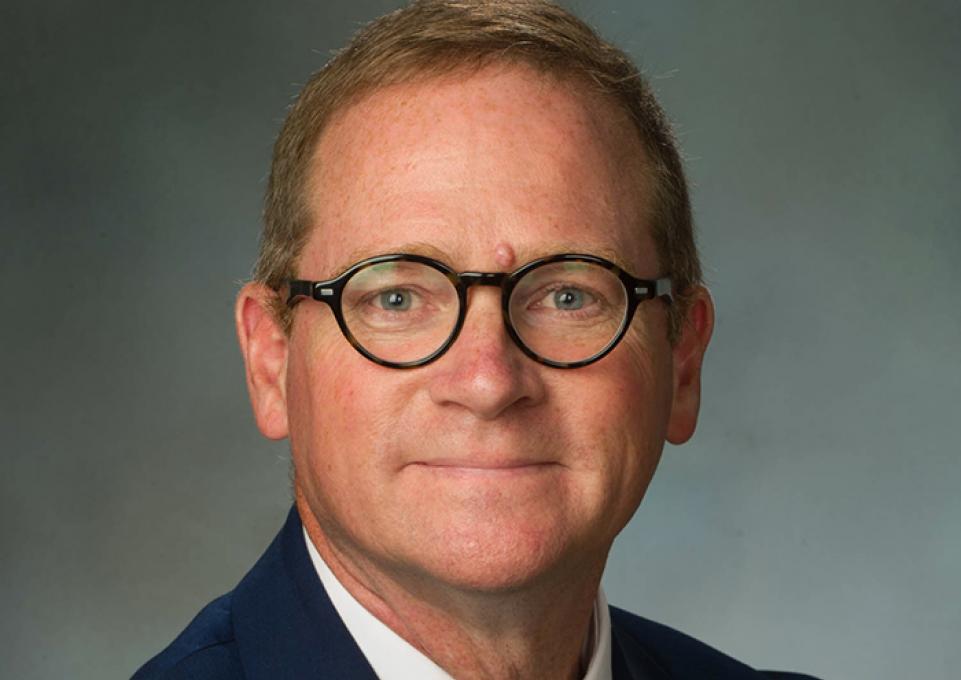
“If I were a betting man, I wouldn’t bet on the outcome of this year’s presidential election,” said Peter Yacobucci, associate professor of political science.
Yacobucci, speaking on November 1, said, “If you had asked me a few days ago, I would have predicted Hillary Clinton with a fair amount of confidence. She was leading in all the polls and in all the battleground states she needs to win, so I was estimating that she’d get 360-some votes in the electoral college.” (Whoever gets 270 by the end of the day will be president of the United States.)
But that was before FBI Director James Comey sent a three-paragraph letter to Congress saying that the FBI “has learned of the existence of emails that appear to be pertinent” to the agency’s earlier investigation of Clinton’s personal email server. Until then, Yacobucci said that Clinton’s campaign was in cruise mode to victory.
“If I had to bet,” he said, “I’d still bet on Clinton to win. The fundamentals all continue to point to her: the polls still show her with a lead, she has a much better get-out-the-vote team, and 20 million people have already voted.” According to Yacobucci, the early voters appear to be groups who mostly favor Clinton: women, Hispanics, the well-educated, and young voters.
However, he’s not as confident about 360-some electoral votes now. “At this point, I think she’ll get about 320 electoral votes,” he said. “But anything can happen. We’ve never in our history seen anything like that FBI letter, so close to the election. There’s no telling if there are any more shoes to drop.”
This election, Yacobucci said, has challenged almost all the assumptions of political scientists who study national American elections. “For starters, Donald Trump crushed in the Republican primary,” he said. “For months, something new has happened almost daily. To predict this particular election a week out is to go out on a thin and shaky limb.”
President's blog: Voting Is a Responsibility of a Democratic Society
